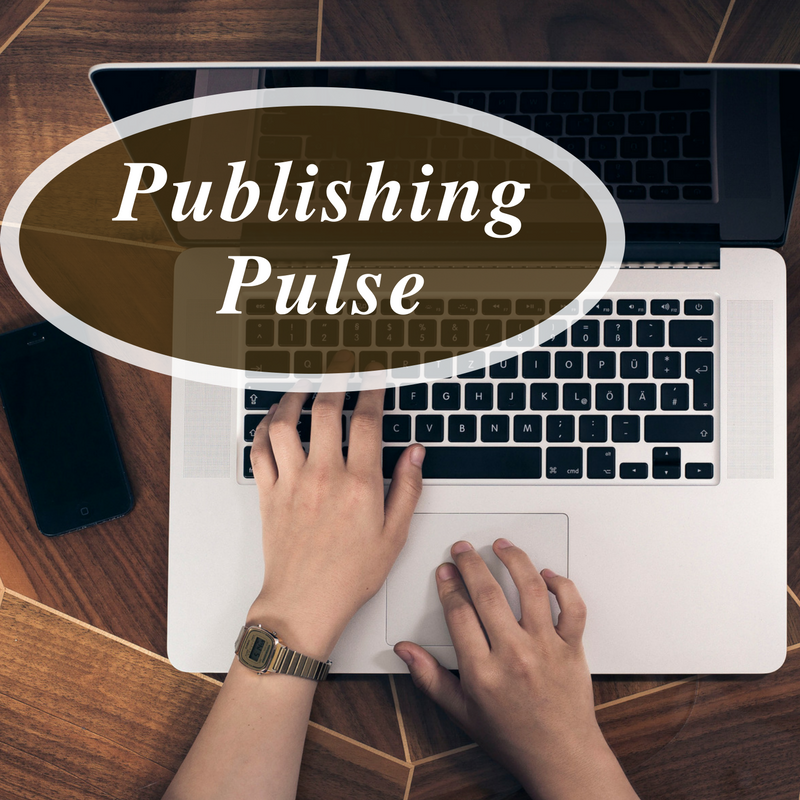
Don’t Let the Industry Dehumanize You
If you are an author, a human being writing for other human beings, you have been blessed with a…
January 12, 2019
If you are an author, a human being writing for other human beings, you have been blessed with a…
January 12, 2019
I don’t think many authors have a clue about how rugged the economic terrain is for the average publishing…
December 12, 2018
I recently read some advice to self-published authors, to the effect that Lulu offers their clients a “free” ISBN—but…
November 12, 2018
There seem to be plenty of people out there who have never published anything, but are happy to give…
October 12, 2018
Every time I read an article from Publisher’s Weekly about trends in Christian publishing, especially fiction, I find myself…
August 12, 2018
Book authors are hearing more and more voices telling them to self-publish and “reap the profits that traditional publishers…
June 12, 2018
Today’s book publishing market can be a dangerous place, with a lot of scam artists spouting confusing terminology. I…
May 12, 2018